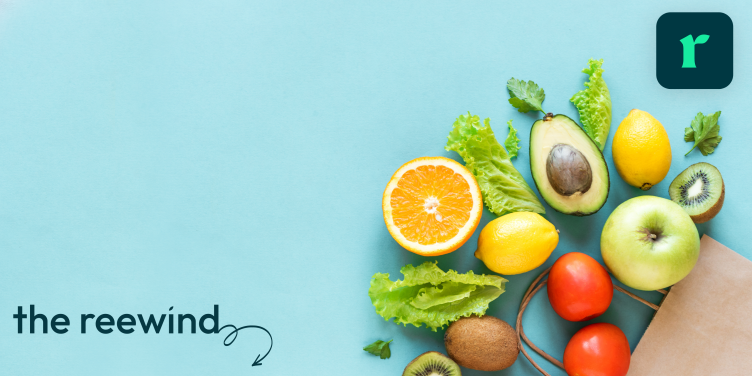
Our Top Stories
Climate label successes: With the proliferation of carbon labels across the food and beverage sector, Veg News examines several studies that measure the impact of climate labels on consumer behaviour. This includes a University of Bristol study from last year, in which 84% of people went for the lower carbon options when presented with a climate-labelled version of a specific menu. Overwhelmingly, ecolabels have been shown to provide an effective way to inform and influence sustainable choices, so a nationwide rollout would only exponentiate their impact. [Veg News]
Uncovering nature’s financial impact: The Green Finance Institute (GFI) is working with Defra to deliver a new study, outlining nature-related financial risk estimates and the impact that the climate and ecological crises could have on the UK economy - with a focus on biodiversity loss and ecosystem degradation. In a startling discovery, a recent GFI report found that planned public spending on nature conservation and restoration falls £97bn short of the levels needed to deliver on the government's 2030 commitments. Defra is now charged with taking action on the shortfall once the latest analysis has been delivered, in the hope of achieving the end-of-decade targets. [Edie]

The creation of powdered beer: Beer has a high carbon footprint, and its overall impact is worsened by the sheer number of us who drink it, according to Thred. But a new powdered version would make bottles, crates, and kegs obsolete – drastically altering the way beer is produced and transported. A German brewery has now made powdered beer a reality. By removing the extra resources of glass and water, the invention could reduce transport weight by 90%. Innovations like this continue to drive the food and drink industry to a more sustainable future, reducing the overall emissions of the sector one product at a time. [Thred]
Brand Spotlight - Aldi
The LEAF (Linking Environment and Farming) scheme certifies farms that take a whole-business approach which delivers multiple benefits across the environmental sphere. It is one of the world’s largest certification programmes for farmers, recognising the uptake of more sustainable approaches in food production. To meet their own sustainability targets, Aldi UK has announced a new ambition for all of its UK-based fresh produce growers to achieve the LEAF Marque by the end of the year. The target will mark a significant step in the company’s journey to deliver targets on emissions and sustainable sourcing. [Edie]

Research Corner
Preventing urban flooding: Climate change has led to an increase in both the frequency and severity of rainstorms, which means city planners will have to adapt to avoid the most severe effects of urban flooding. So far, designers have come up with many innovative ways to prevent flooding caused by heavy downpours, from planting rain gardens to installing green roofs. However, researchers at the University of Cincinnati have found that nothing works quite as well as a simple hole in the ground, going by the name of “detention pond”. These cavities temporarily store the water and release it at a low rate as groundwater, or into nearby streams, to reduce the risk of flooding. [University of Cincinnati]
Stat Attack
“The first puffin count of the year on Skomer Island earlier this week clocked 42,513 birds, the highest since the island counts began in the late 1980s. The Wildlife Trust of South and West Wales said the number marks an “excellent start to the season".”
Source: BBC

The Big Picture

About Reewild
The food and agriculture industry is at the heart of the climate crisis, generating around a third of man-made greenhouse emissions. And while the challenge of reducing its impact may seem beyond our grasp, it is one that we all have the power to tackle.
We believe that the solution lies in climate transparency. That’s why we’re equipping businesses with the means to evaluate and communicate the emissions of their products. This, in turn, means consumers are armed with credible, independent information, which can be used to make more sustainable choices.
We know that many people want to take climate action but lack the necessary tools and information to do so. We're confident that, armed with the right knowledge, everyone can and will do their bit to build a greener, more sustainable food system.
Join the Reewild app waiting list
https://reewild.com/coming_soon/
Follow us on social media
https://www.instagram.com/reewild.earth/
https://www.linkedin.com/company/reewild/

.png)


